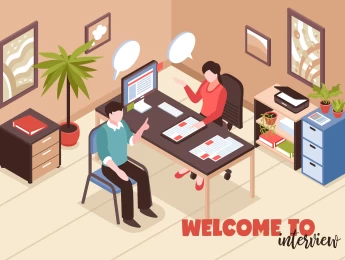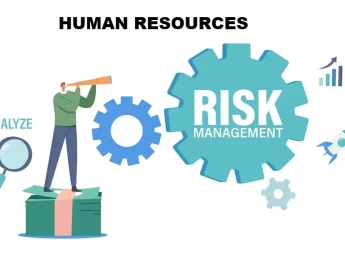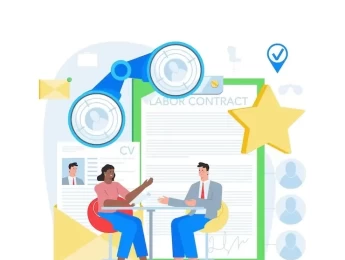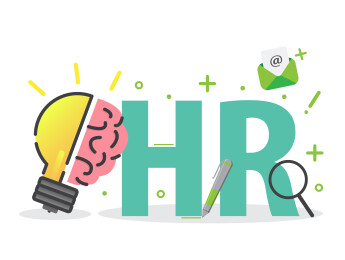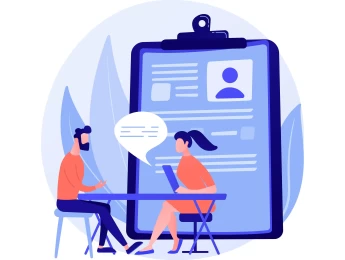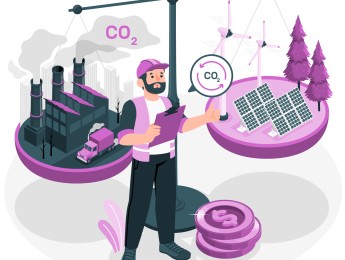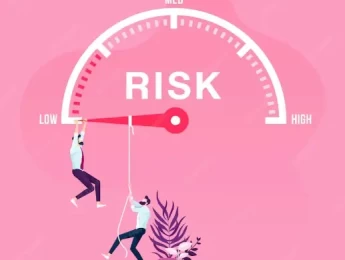A job interview is a chance to find the best candidate for your role. You can discuss their relevant experience and gauge their personal attributes to decide if they will be a good fit for your team. But it’s not as simple as asking questions and gaining those tickbox answers. You’ll need to craft specific questions to understand how your candidate thinks and feels about certain situations and ask them how they would react to relevant scenarios.
Communication is key in an interview, and too many interviewers are set in their ways, simply asking question after question. However, to get the most out of your candidate, your interviewer should focus on their body language to create a welcoming environment and also try to sell the company and job role to the interviewee. This will put them at ease and ensure they perform to the best of their ability, having all of the information to hand.
Questions about that specific role are great, but the interview's purpose is to learn more about the candidate. Interviewers should adopt a conversational tone and try to work on relevant questions along the way. Questions about holiday time, foods, and favourite destinations could also help any interviewer learn more about the candidate and judge whether they will likely be a good fit for the role.
To find the best candidates to fill the role and ensure a productive and quality service in your department, you must brush up on interviewing techniques to assess an applicant's key competencies, behaviours and ambitions.
Upon completion of this course, participants will be able to:
- Understand how good interviews secure better candidates.
- Develop a fair framework for interviewing.
- Enhance your questioning techniques.
- Develop a conversational tone when interviewing.
- Understand how body language can affect the success of the interview.
- Gain knowledge on personality types and which would be a good fit for your role.
- Interpret the job specification to find the most qualified person.
- Take coherent notes for later assessment.
- Judge your own interviewing skills to understand if the interview was a fair reflection of that candidate.
This course is designed for anyone responsible for hiring new employees or creating accurate and effective job specifications to attract new interest. It would be most beneficial for:
- Business Owners
- HR Professionals
- Recruiters
- Team Leaders
- Managers
- Supervisors
- Hiring Managers
- Interviewers
- Note Takers
- Policy Writers
The course uses various adult learning techniques to aid full understanding and comprehension. Participants will view videos displaying positive and negative interviews and hold group discussions to understand the implications of hiring the wrong candidate.
They will be equipped with tools and techniques to enhance their questioning techniques and will finish with effective role-playing exercises to practice the perfect interview.
Day 5 of each course is reserved for a Q&A session, which may occur off-site. For 10-day courses, this also applies to day 10
Section 1: A Successful Interview Layout
- The importance of proper interview techniques.
- Different types of interviews and what works best for you.
- Pre-employment testing to pick out the best candidates.
- Sorting your success factors.
- Job specifications and how to reiterate them.
- Using your success factors to interpret compatibility.
- Finalising your job role success matrix.
Section 2: Planning & Interview Preparation
- Arranging your documentation.
- What do you need to know?
- Selecting your initial questions.
- What do you really need to know?
- How to sell your business and job role.
- Customise the interview and prepare your agenda.
- Sending invites.
- What does your candidate need to bring with them?
- Privacy and data protection guidelines.
Section 3: Conducting Your Interview
- Categorising types of candidates.
- Silence is golden in specific scenarios.
- Opening an interview.
- Avoiding awkwardness.
- Asking the right questions.
- The art of open questions.
- Note taking.
- Closing an interview and next steps.
Section 4: Personality Matches
- Asking personality-related questions.
- Scenario-based questioning.
- Outside-the-box thinking and questioning techniques.
- Assessing body language and reactions.
- Inviting questions as an interviewer.
- Developing conversational tone.
Section 5: Making The Right Decisions
- Your scoring system.
- Eliminating bias.
- Ranking against other candidates.
- Following up with candidates.
- Additional extras and testing.
- Self-evaluation - was it a fair interview based on your behaviours?
Section 6: Interview Laws & Regulations
- Prohibited questions and why they should be avoided.
- Remove personal bias.
- Conflicts of interest.
- Answering questions from candidates.
- What not to say.
Upon successful completion of this training course, delegates will be awarded a Holistique Training Certificate of Completion. For those who attend and complete the online training course, a Holistique Training e-Certificate will be provided.
Holistique Training Certificates are accredited by the British Assessment Council (BAC) and The CPD Certification Service (CPD), and are certified under ISO 9001, ISO 21001, and ISO 29993 standards.
CPD credits for this course are granted by our Certificates and will be reflected on the Holistique Training Certificate of Completion. In accordance with the standards of The CPD Certification Service, one CPD credit is awarded per hour of course attendance. A maximum of 50 CPD credits can be claimed for any single course we currently offer.
- Course Code PH1-114
- Course Format Classroom, Online,
- Duration 5 days



